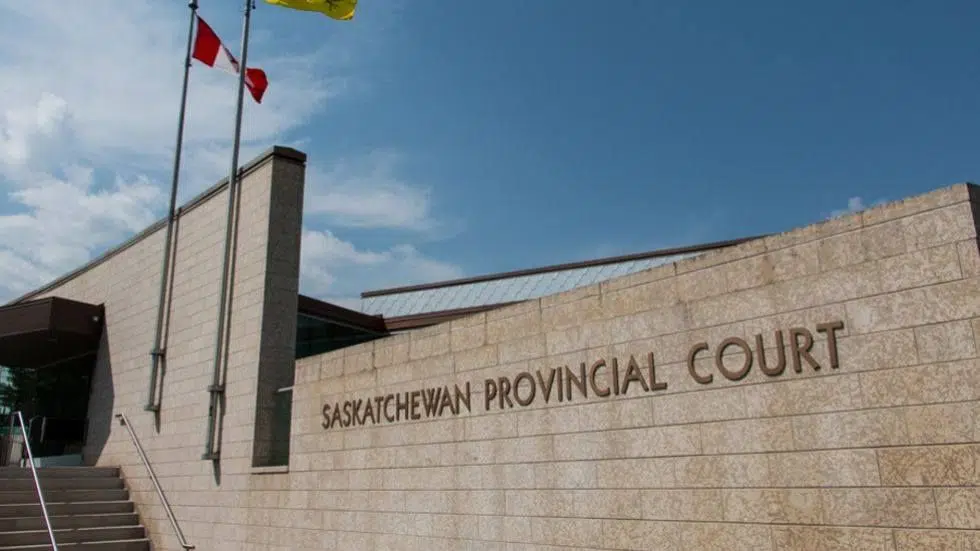
Community leaders weigh in on impact of drug abuse during sentencing of P.A. drug trafficker
A man charged in connection with Prince Albert’s largest-ever drug seizure has been sentenced to nine years in jail, less time served in a case where various community leaders from northern Saskatchewan were asked to weigh in and give their thoughts on the impact of drug abuse and addictions on local families and children.
Impact statements from several area community leaders were requested in the case against Trevor Marcel McKay. McKay was sentenced last month in Prince Albert Provincial Court on charges of trafficking a controlled substance, possession of property obtained by crime and laundering the proceeds of crime.
McKay, 29, pleaded guilty to the charges. The facts in the case and Judge Steven Schiefner’s decision were included on a public legal information site.
The case goes back to August 2016, when a police search of a Prince Albert apartment turned up 11.26 kilograms of cocaine, cutting agents, equipment for cooking cocaine and packaging materials. Police testified during McKay’s trial the apartment was used as a “stash house” – solely for the purposes of cutting and packaging drugs – and that no furniture was in the room and no one appeared to be living there. The drug activity was brought to the attention of police by the apartment building manager.


